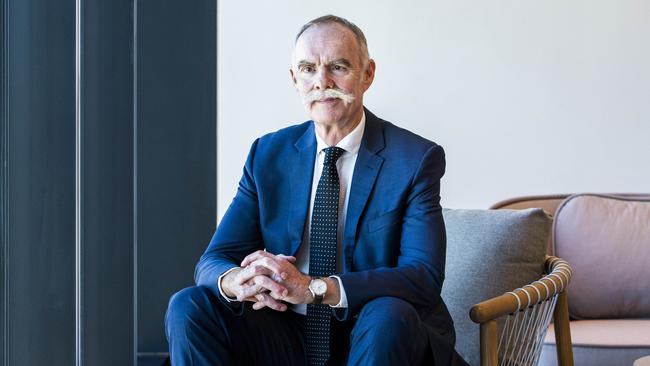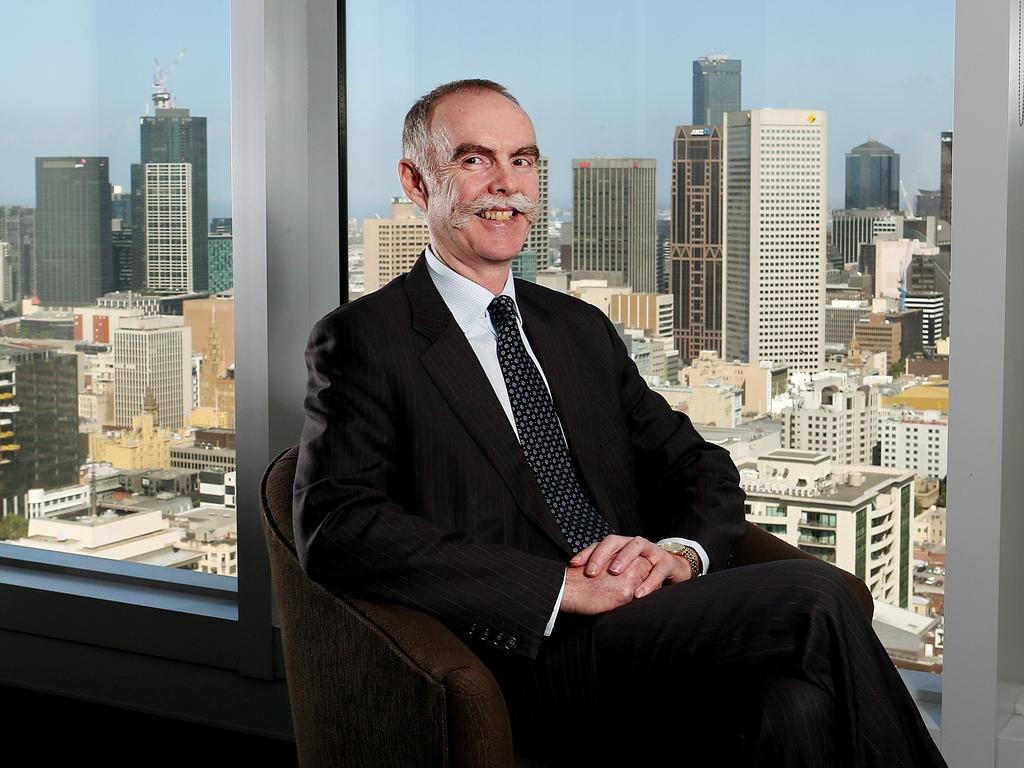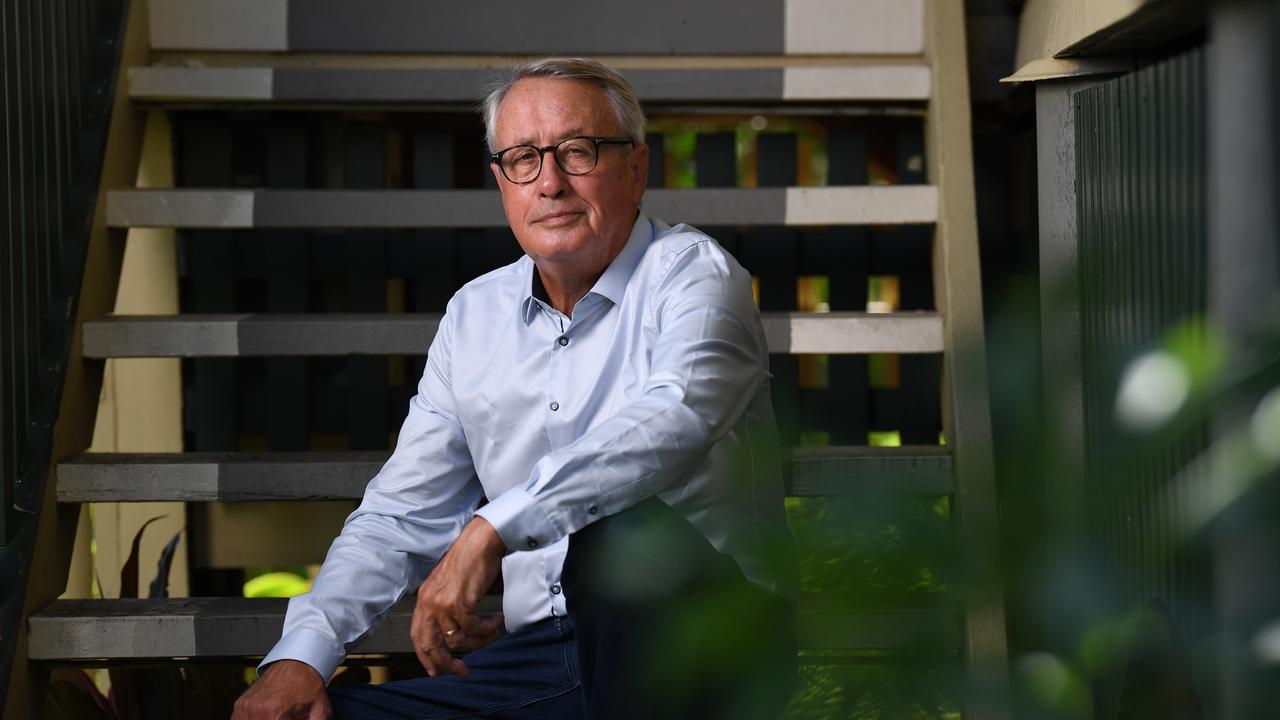
Ian Silk’s departure after 15 years running what is now the $225bn AustralianSuper marks the end of an era for the rapidly growing industry super movement, which now controls $800bn in assets.
Silk is leaving the top job after a staggering 27 years in the industry super fund sector, having started in 1994 as chief executive of the Australian Retirement Fund (ARF) after 20 years in the Victorian public service, appointed to the job on the recommendation of former ACTU official Bill Kelty.
He has been running AustralianSuper since 2006, when it was founded from a merger of the ARF and the Superannuation Trust of Australia with combined assets of $21bn.
As retail super funds such as AMP struggled, AustralianSuper’s assets grew by 10 times under Silk’s leadership, surging past many long-established names in superannuation through a combination of mergers, contributions from a growing number of members as well as its strong investment performance.
It is now one of the biggest financial institutions in the country, including the biggest single investor in the Australian sharemarket and a major investor in infrastructure in Australia and overseas.
The fund recorded net inflows of $14bn in the financial year just ended, despite an outflow of billion of dollars in funds due to the early super release scheme, and is expecting another $20bn in net inflows this financial year.
Under Silk’s leadership AustralianSuper’s membership has doubled to more than 2.4 million members from a broad range of industry sectors.
The low-key Silk, known for his trademark grey moustache, has become one of the leading faces of the industry super movement.
He leaves the job later this year on a high note.
The fund’s investment performance has been the strongest of all major super funds during a period of unprecedented growth.
Its balanced fund option topped the six-year performance tables released under the newly established YourSuper comparison tool, ranking equally with hospitality industry super fund Hostplus with 8.1 per cent annual returns.
Silk has run the fund in partnership with chief investment officer Mark Delaney, a successful working relationship that goes back to the merger in 2006, when Delaney was running the STA.
While some industry funds have struggled with mergers, often due to personal and political issues, Silk’s steady leadership has allowed AustralianSuper to pull off many successful mergers, accelerating its trajectory from its formation.
Silk will be remembered as one of the pioneers of the industry super movement, coming in just after its early founders – including former prime minister Paul Keating, and former ACTU officials Garry Weaven and Bill Kelty – but being part of its transformation from a cottage industry to a financial juggernaut with global investments.
Now in his early 60s, Silk has not disclosed his plans for life after AustralianSuper, but his successful track record will allow him to easily step into a portfolio business career should he choose to do so.
Silk is known to be close to former union leader Paul Howes, who has gone on to have a successful career with accounting and services firm KPMG, where he is now one of its national managing partners.
AustralianSuper chairman Don Russell paid tribute to Silk as Silk announced his plans to step down, saying Silk had “consistently achieved incredible results for members over the past 15 years”.
He steps down having overseen a smooth transition at the top with the fund’s chief risk officer, Paul Schroder, stepping up to run the fund when Silk leaves.





